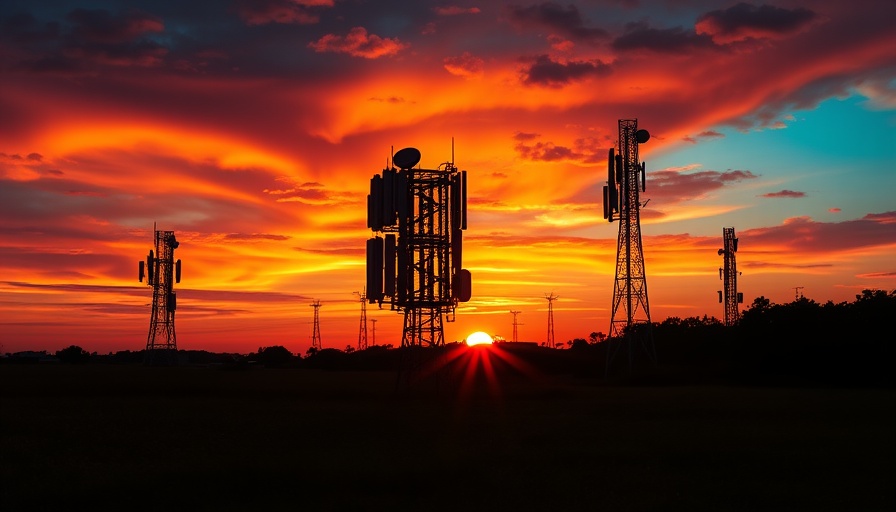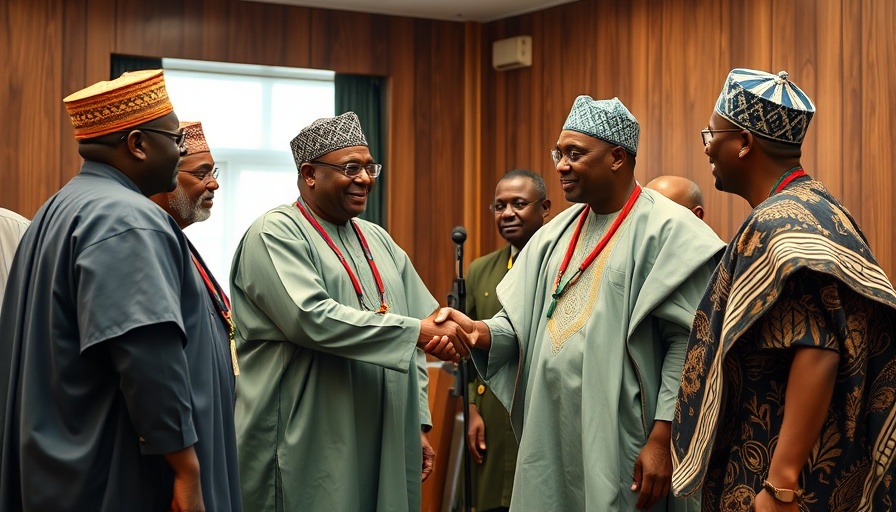
The Resurfacing of a Controversial Video
The recent discourse surrounding Atiku Abubakar's purported claim to the African Democratic Congress (ADC) presidential ticket for the 2027 elections stems from a video that has resurfaced from 2022. The video, showing Atiku confidently asserting, "Have I ever failed to get the ticket? I am confident," was shared with a misleading caption suggesting he was referring to the ADC. This manipulation raises significant questions about electoral integrity and the fluidity of political narratives in Nigeria.
In 'Did Atiku Say He Will Win the ADC 2027 Ticket?', the discussion dives into the implications of a resurfaced video, exploring key insights that sparked deeper analysis on our end.
Understanding the ADC Coalition
The African Democratic Congress, while not a new entity, is attempting to rebrand itself as a formidable opposition coalition, a move that has garnered both intrigue and skepticism across the political arena. With the ADC recently uniting figures like Atiku and proponents from the Labour Party, their goal is to challenge the ruling All Progressives Congress (APC) in 2027. However, this coalition’s harmony remains precarious, with varying ambitions among its members, highlighting the complex landscape of Nigerian politics.
Political Manipulation: The Case of the Misleading Video
This recent highlight of Atiku’s video lays bare a troubling trend of disinformation among political figures and their supporters. The timing of the resurfacing coincides with heightened political activity and formations like the ADC coalition, when media manipulation tends to intensify. The video, originally posted in February 2022, when Atiku was embedded in the PDP's primary race, is now being utilized in a context that paints a different narrative. Such tactics to manipulate public perception can weaken trust in democratic processes.
The Implications for Voters
As the political landscape heats up towards the 2027 elections, the potential impact on public opinion from such misleading media cannot be underestimated. Audiences who encounter this video may find their perceptions influenced, possibly discouraging participation from other presidential aspirants who might offer viable alternatives. Misinformation like this creates not only an immediate distortion but may also sow distrust in the media and electoral processes.
Measuring the Response: Fact-Checking and Public Awareness
In light of this climate of misinformation, the role of fact-checking organizations, such as Africa Check, has never been more critical. Tools enabling individuals to scrutinize the validity of what they consume—from reverse image search to outreach to fact-checking platforms—are essential to empower voters. As citizens approach critical elections, fostering media literacy to discern fact from manipulated content will be pivotal in shaping informed opinions.
The Broader Political Climate in Nigeria
This instance reflects a much larger narrative characterizing contemporary Nigerian politics—hyper-polarized, rife with challenges, and increasingly reliant on digital strategies for narrative control. The dynamics of political engagement can sway drastically based on the information disseminated via social media, leading voters to make decisions influenced by selectively presented content rather than comprehensive facts.
As we anticipate the unfolding political scenario leading up to the 2027 elections, the value of understanding political contexts remains irrefutably vital. Atiku Abubakar's journey, along with the unsteady path of the ADC coalition, underscores the need for a keen analysis of how narratives are shaped and reshaped in the exciting yet treacherous waters of Nigerian politics.
 Add Row
Add Row  Add
Add 


Write A Comment